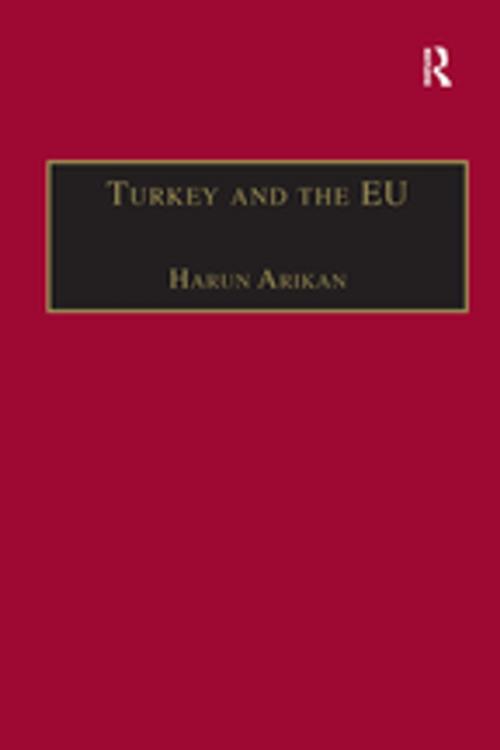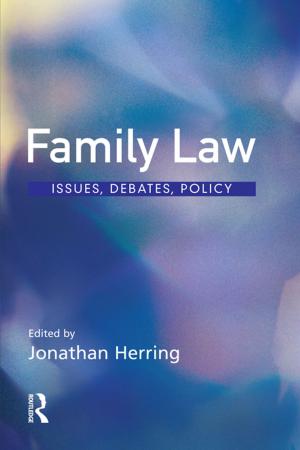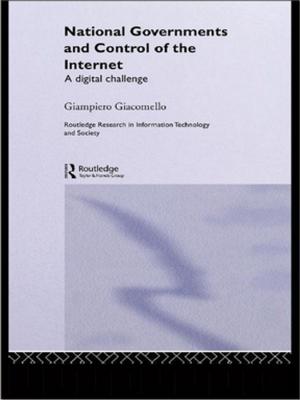Turkey and the EU
An Awkward Candidate for EU Membership?
Nonfiction, Social & Cultural Studies, Political Science, International, International Relations| Author: | Harun Arikan | ISBN: | 9781351877305 |
| Publisher: | Taylor and Francis | Publication: | March 2, 2017 |
| Imprint: | Routledge | Language: | English |
| Author: | Harun Arikan |
| ISBN: | 9781351877305 |
| Publisher: | Taylor and Francis |
| Publication: | March 2, 2017 |
| Imprint: | Routledge |
| Language: | English |
The relationship between Turkey and the European Union is an important issue in European integration. With the EU beginning accession talks with Turkey, this is a vital moment for the future as the EU deals with a central question that has been on the agenda for over forty years: Turkey's membership. Since the first edition, EU-Turkey relations have clearly taken different directions. There have been considerable developments in Greek-Turkish relations, the Cyprus issue, the domestic politics of Turkey including human rights and the protection of minorities, and the changing security environment post-9/11. Furthermore, recent enlargement has been an important turning point for the EU. This extended and revised edition addresses these major developments and assesses the implications of Turkish membership for the current EU structures. The book is a timely addition to the existing literature for students and academics of European and Middle Eastern Studies.
The relationship between Turkey and the European Union is an important issue in European integration. With the EU beginning accession talks with Turkey, this is a vital moment for the future as the EU deals with a central question that has been on the agenda for over forty years: Turkey's membership. Since the first edition, EU-Turkey relations have clearly taken different directions. There have been considerable developments in Greek-Turkish relations, the Cyprus issue, the domestic politics of Turkey including human rights and the protection of minorities, and the changing security environment post-9/11. Furthermore, recent enlargement has been an important turning point for the EU. This extended and revised edition addresses these major developments and assesses the implications of Turkish membership for the current EU structures. The book is a timely addition to the existing literature for students and academics of European and Middle Eastern Studies.















